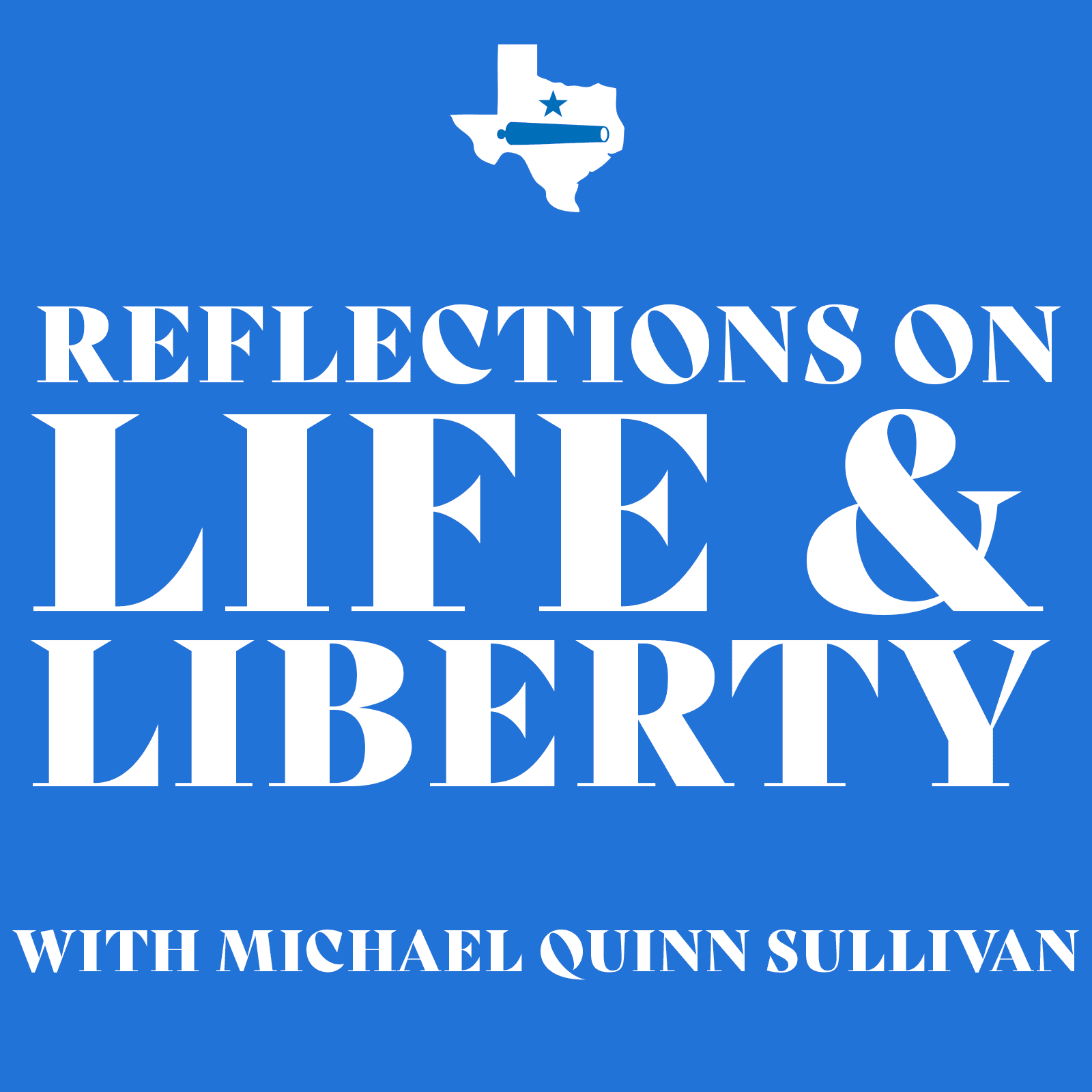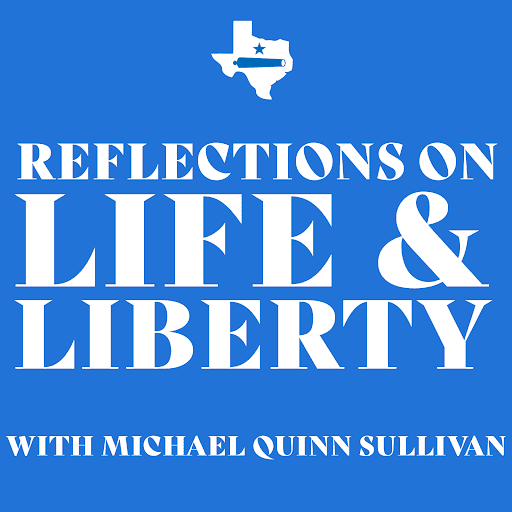In ancient Greek, there was a word used to describe individuals who didn’t participate in political affairs: ἰδιώτης (idiōtēs). If your ancient Greek is as bad as mine, maybe it would help to know the word we get from it: idiot.
It was not a derogatory term for the Greeks; it was simply a general description.
The Greeks had a high view of those who did participate in civic life, so it makes sense that the word took on the insulting definition we know today. But, frankly, those who don’t participate in political affairs might often be deserving of the scorn implied by the modern word.
Despite aping the philosophy of our founding fathers that the practical powers of government should reside closest to the citizenry, we as citizens do a very poor job of actually doing it. We demand that Washington or Austin be brought in to solve local problems, while ignoring the local offices that can address them most readily.
Take, for example, the perpetual complaint about property tax burdens in the Lone Star State. For almost 30 years, I have heard taxpayers (including myself) complain about the confiscatory nature of the levy. We are all renters from the government.
As the 2025 regular legislative session came to a close, I once again heard the old standby complaint that state lawmakers had not done either (a) enough or (b) anything to address property tax burdens.
That’s true enough.
Yet, neither have the citizens. Our property tax burdens are the result of two locally determined numbers: the rates voted on by our various local officials, multiplied by the assessed value assigned to the property by representatives of various local officials.
The outcry against lawmakers for not doing enough (or anything) to lower property taxes can be deafening at times. Sadly, everyone goes all but silent when it comes to the local elections for the offices most responsible for setting those burdens.
In fact, somewhere between 85 and 90-plus percent of Texas voters do not participate in those local elections. That is to say, a turnout of 15 percent is high—though it is usually more like 5 or 10 percent. Shameful!
We have chosen—to borrow from the Greeks—to be idiots.
“I’m too busy to vote in the school board elections,” some have told me, while doing nothing. Others say, “No one tells me who the good guys and bad guys are,” as if they are intellectually incapable of taking on the responsibility themselves.
Here is a hard truth: Texans’ property tax burdens will never go down until politicians start losing elections over the issue. By re-electing those who have contributed to the problem, by ignoring the elections where those problem-makers get their power, we tell a candid world that we don’t actually care about property tax burdens as much as we care about complaining about them.
If self-governance is to mean anything, it is to mean that we—at a bare minimum—should not be ἰδιώτης. We cannot intellectually claim to be put-upon, over-burdened taxpayers when we are not doing at least the bare minimum to address those burdens ourselves where we can.
Our property taxes will only go down when our local engagement as citizens and voters goes up.


